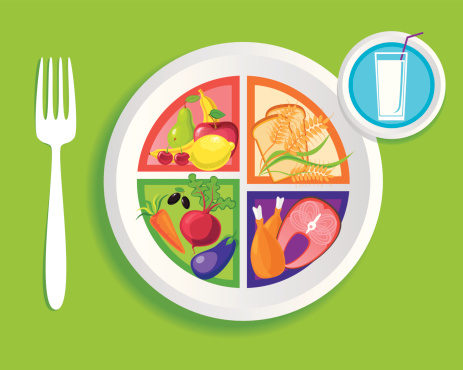Washington, D.C.—The U.S. Department of Agriculture (USDA) and U.S. Department of Health and Human Services (HHS) released the 2015–2020 Dietary Guidelines for Americans on Jan. 7. The Council for Responsible Nutrition (CRN), which participated in the process through the submission of written and oral comments as well as attendance to public meetings, is praising USDA and HHS for recognizing dietary supplements as “useful in providing one or more nutrients that otherwise may be consumed in less than recommended amounts or that are of particular concern for specific population groups.”
The Guidelines identify potassium, dietary fiber, choline, magnesium, calcium and vitamins A, D, E and C as nutrients lacking adequate intake. More specifically, they name calcium, potassium, dietary fiber and vitamin D as “nutrients of public health concern because low intakes are associated with health concerns.” The Guidelines also recommend iron and folic acid supplementation for pregnant women.
Other notable recommendations in the Guidelines include consuming less than 10% calories per day from sugar, less than 10% of calories per day of saturated fats and limiting alcohol consumption to one drink per day for women and two drinks per day for men. The Guidelines also recommend consuming less than 2,300 mg per day of sodium, matching the guidelines set in 2005 but increased from the 1,500 mg limit set in 2010.
Additionally, reduced cholesterol intake was not recommended in the 2015–2020 Dietary Guidelines, unlike the 2010 guidelines which suggested limiting dietary cholesterol to 300 mg. The current U.S. average intake of dietary cholesterol is 270 mg per day in those over the age of one.
Published in WholeFoods Magazine February 2016 (Online 1/14/2016)










